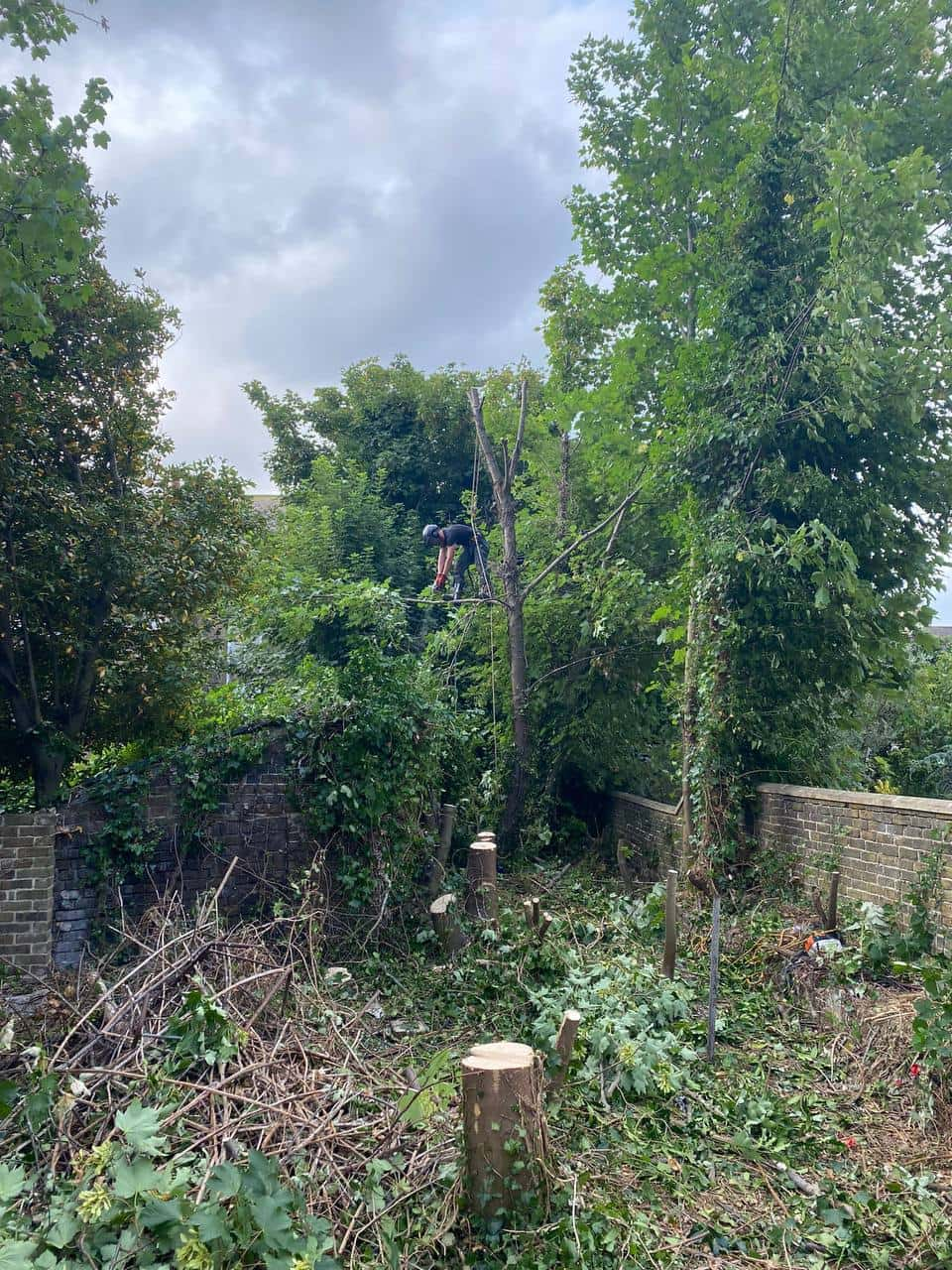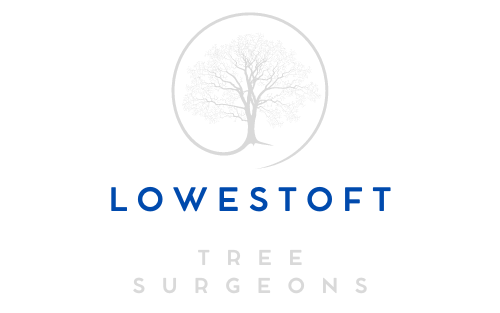The Homeowner’s Guide to Stress-Free Tree Removal
Tree removal can feel like a daunting task for any homeowner, especially if the tree in question is large, mature, or located close to buildings or other valuable features. Whether it’s due to disease, storm damage, or simply to make space for a new project, removing a tree requires careful planning, professional skills, and the right equipment to ensure safety and efficiency.
For residents in Lowestoft, Suffolk, a stress-free tree removal process begins with understanding what’s involved and knowing how to prepare your property before the work begins.
When Tree Removal Becomes Necessary
Not every tree needs to be removed, but there are certain situations where it’s the safest and most practical option:
- Severe Disease or Decay – A tree with extensive rot or pest damage may be structurally unsafe.
- Storm Damage – High winds or heavy rain can compromise stability, increasing the risk of collapse.
- Obstruction – Overgrown trees that interfere with power lines, driveways, or building extensions.
- Space for New Development – Landscaping projects or property extensions often require clearance.
Identifying these signs early allows for timely removal before a tree becomes a hazard.
Choosing the Right Tree Surgery Team
Selecting experienced tree surgeons is the most important step in ensuring a smooth, hassle-free process. A skilled team will:
- Assess the tree’s health and stability before removal.
- Plan the safest removal method, especially in confined or built-up areas.
- Use specialist equipment to minimise disruption to your property.
- Dispose of all debris, leaving the site clean and tidy.
Preparing Your Property for Tree Removal
Homeowners can take simple steps to make the process quicker and more efficient:
- Clear any vehicles, garden furniture, or valuables from the work zone.
- Notify neighbours if work will be close to shared boundaries.
- Ensure access points are unlocked for equipment and crew.
- Discuss any specific concerns with the tree surgeons beforehand.
The Tree Removal Process
Professional tree removal typically involves:
- Initial Assessment – The tree is inspected for height, spread, and condition.
- Sectional Dismantling or Straight Felling – Depending on space, the tree is either removed in sections or in one piece.
- Stump Management – The stump is either left at ground level or removed entirely through stump grinding.
- Site Clearance – All branches, logs, and waste are taken away or processed for reuse.
Minimising Stress During the Project
A reliable tree surgery service will handle every stage with precision, but you can also reduce stress by:
- Asking for a clear timescale so you know when the work will be completed.
- Checking in with the team during the process for updates.
- Planning the work during a time when it will cause minimal disruption to your household routine.
Conclusion
Tree removal doesn’t have to be complicated or stressful when handled by trained professionals. By recognising when removal is necessary, preparing your property, and choosing an experienced team, you can ensure the process is completed quickly, safely, and with minimal disruption. For homeowners in Lowestoft, Suffolk, Lowestoft Tree Surgeons offers expert tree removal services tailored to your property’s needs—helping you restore safety, space, and peace of mind.
Call us on: 01502 441 299
Click here to find out more about Lowestoft Tree Surgeons
Click here to complete our contact form and see how we can help with your tree needs.

